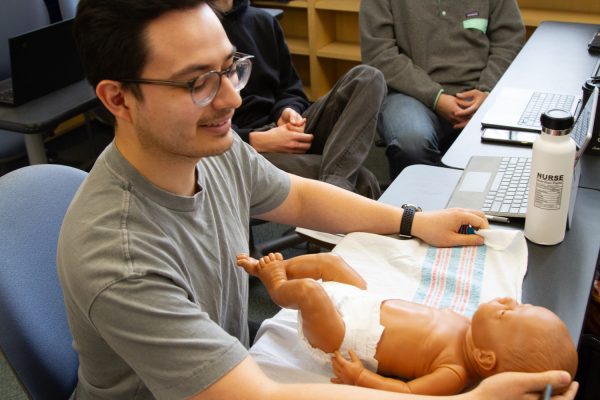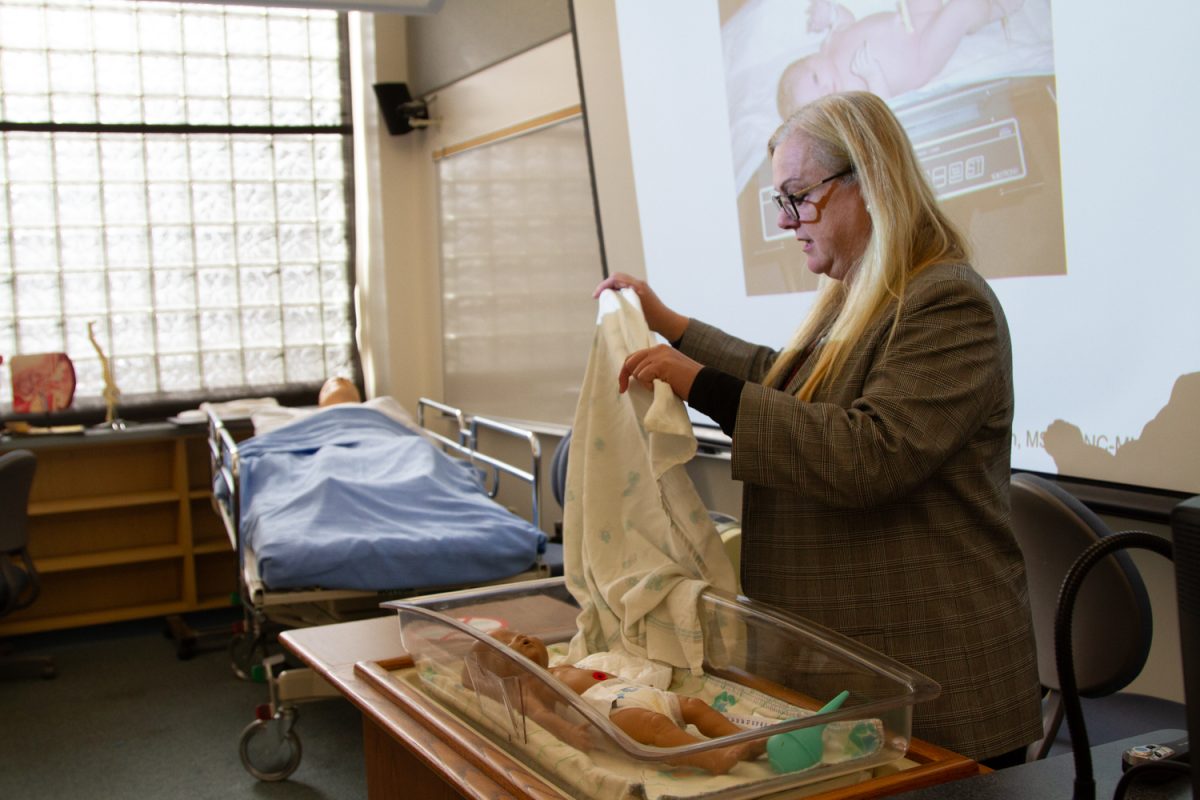California Community Colleges are on the brink of a transformative shift, as a result of Senate Bill 895. The proposed pilot program opens the door for select community college districts to provide a bachelor of science in nursing degree, a change anticipated to upgrade educational opportunities and expand the nursing workforce in the state.
Currently, California, along with the rest of the country, is experiencing an extreme nursing shortage. Senator Richard D. Roth proposed the bill as an approach to address California’s lack of nurses in the state.
If passed, Senate Bill 895 will allow 15 California Community Colleges to offer a bachelor of science in nursing (BSN) instead of a traditional associate of science in nursing degree (ASN).
Both ASN and BSN degrees lead to careers as registered nurses. That being said, having a BSN significantly impacts expertise and future salary.

According to LegiScan, the selected 15 colleges will be chosen based on the following criteria: “There is equitable access between the northern, central, and southern parts of the state to the pilot program” and “priority is given to community college districts in underserved nursing areas.”
With the implementation of this bill, there is a chance City College’s current nursing program can benefit from the new pilot program.
If passed, Senate Bill 895 would allow City College to apply for the nursing pilot program. Successful approval would enable City College to provide students with new avenues to pursue advanced nursing degrees.
“I’m very excited about Senate Bill 894,” Alan Price, the dean of health and human services educational programs, said. “In fact, it’s something I’ve wished for many years. I always thought, if the California Community College system could offer a bachelor’s degree, specifically in nursing, it really would be a game changer for student opportunity.”

The program is anticipated to be very competitive and could provide new opportunities for community colleges to serve students more than they can do today. City College plans to apply for the pilot program if the bill is passed and hopes to be able to implement the program as soon as possible.
“I think this is an amazing, amazing opportunity,” Price said. “I sincerely hope, and fingers crossed, if it does pass, that we are one of the 15 selected to be able to run the program.”














